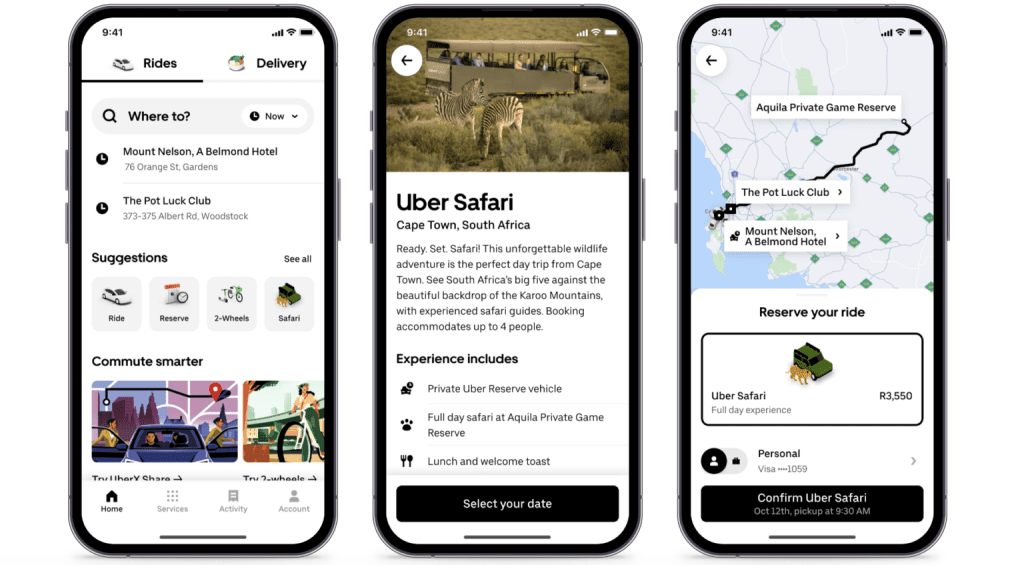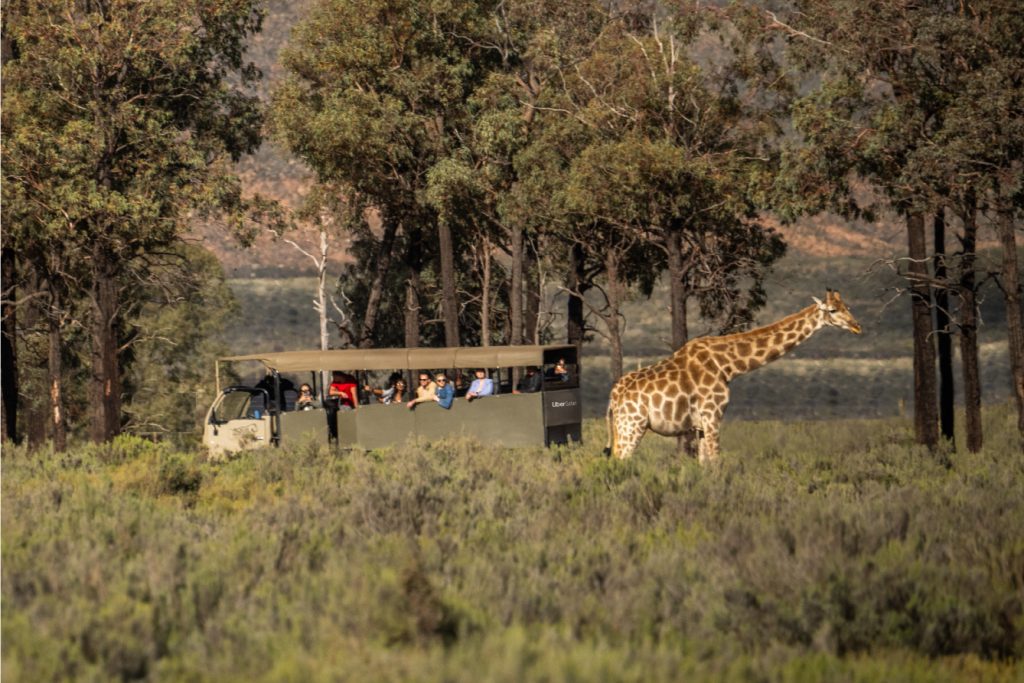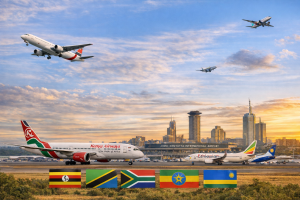In October 2024, Uber introduced Uber Safari in Cape Town, South Africa, through a partnership with Aquila Private Game Reserve. The limited-edition product offered riders seamless access to one of Africa’s most iconic experiences without the need to go through a travel agent or tour operator. Running until January 2025, the service was priced at a flat fee of $200 for up to four passengers and included transport from Cape Town, a welcome drink and lunch at Aquila, and a guided game drive led by professional rangers. Guests also had time to explore the reserve’s grounds before returning to the city, with reservations made directly in the Uber app up to 90 days in advance.

Disrupting Traditional Safari Bookings
This launch caught the attention of Africa’s travel industry, particularly in East Africa, where safaris remain the backbone of travel and tourism economies. Traditionally, safari packages are arranged by travel agents, tour operators, or hotels, often bundled with accommodation and additional activities. By integrating bookings into a global “taxi” platform, Uber bypasses these intermediaries and introduces a new, disruptive, and highly accessible booking channel. The success of the initiative, initially confined to Cape Town, could set the stage for expansion into Kenya, Tanzania, and Uganda, where safari demand is far greater.
While the model may broaden access and attract new audiences, industry voices caution that introducing the Uber-style app-based transport model into safari destinations must be carefully managed. Such models risk undermining the role of professional safari guides, lowering established safety and service standards, and potentially disrupting conservation and park management systems that rely on regulated operations. More subtly, they also risk diluting the unique, world-class visitor experience that makes destinations like Kenya a premier safari hub.

The Case for Regulation
These concerns point to the need for clear regulatory oversight. Safari tourism is unlike ordinary transport. It is bound up with conservation, community livelihoods, and the integrity of national heritage. Regulators will need to ensure that technology-driven entrants meet the same licensing, safety, and guiding requirements as traditional operators. Contributions to park fees and conservation levies must remain intact, and visitor safety must be guaranteed through adequate insurance and emergency response measures. Without this, the playing field could tilt unfairly toward large platforms while weakening local operators and the conservation funding that sustains Africa’s wildlife.
Technology undoubtedly has a role to play in enhancing the sector. Digital booking platforms, electronic permits, and cashless park payments are already improving efficiency and accessibility. But as stakeholders note, innovation should not come at the expense of professionalism, conservation ethics, and heritage protection. The safari experience is more than just transport. It is about skilled guiding, responsible practices, and creating memorable journeys that reflect Africa’s unique wilderness story.

Implications for East Africa
If Uber Safari extends to Nairobi, Arusha, or Kampala, the implications will be profound. East Africa’s safari product is largely built on multi-day, high-value experiences that sustain airlines, lodges, camps, and community conservancies. A quick-turn, app-based approach would need careful alignment with this ecosystem. Industry experts suggest that the healthiest path forward would be collaboration rather than disruption. For example, requiring platforms like Uber to partner with licensed local operators, thereby ensuring compliance while still leveraging the reach of digital technology.
A Balancing Act Ahead
Uber Safari is an intriguing experiment that combines modern convenience with Africa’s timeless wildlife experiences. Its affordability and simplicity will no doubt appeal to a new segment of travelers. But its arrival breathes life into an urgent reality for African tourism. Regulators and industry stakeholders must adapt quickly. The challenge is to embrace technology while safeguarding professionalism, conservation, and cultural heritage. Only by striking this balance can Africa continue to deliver the world-class safari experiences that have made it a global leader in wildlife tourism.
By Felix Wakiuru



